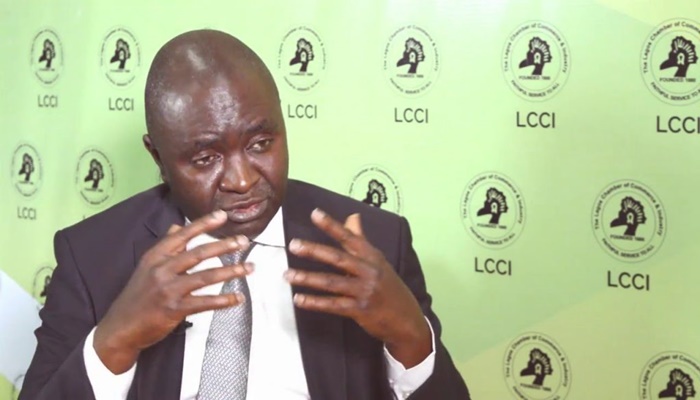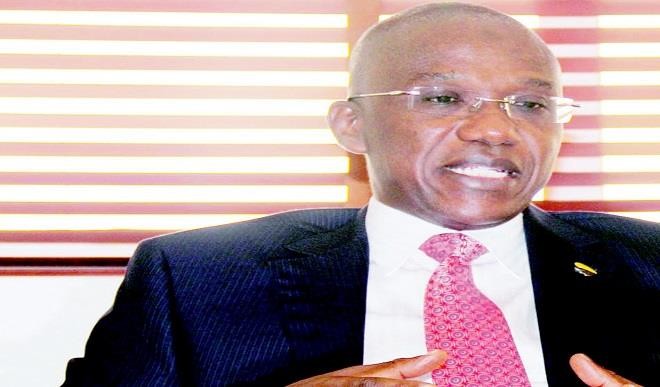
The Lagos Chamber of Commerce and Industry (LCCI) has urged the Central Bank of Nigeria (CBN) to address the supply side variables impacting domestic prices.
Dr Muda Yusuf, Director-General, LCCI, spoke in an interview with the News Agency of Nigeria (NAN) in reaction to the October 2020 inflation rate.
The News Agency of Nigeria (NAN) reports that the October inflation rate, according to the National Bureau of Statistics (NBS), stood at 14.23 per cent, which is 0.52 per cent higher than the 13.71 per cent recorded in September.
NAN also reports that the October food sub index was at 17.38 per cent year on year from 16. 66 per cent in September.
According to the NBS, the highest increase was recorded in fats and oil, meat, bread and cereals, potatoes, yam and other tubers, fish, fruits, vegetables, alcoholic and food beverages.
Yusuf listed the variables impacting domestic prices to include transportation costs, logistics challenges and exchange rate depreciation.
Others, he said, are forex liquidity issues, Value Added Tax increase, climate change, insecurity in farming communities and structural bottlenecks to production.
According to the Director- General, any mitigation measures will have to be situated in the context of these variables.
Yusuf said that the potency of monetary policy instruments in tackling inflation was weak.
He projected that inflation was unlikely to abate till after the festivities due to demand side issues.
“To every inflation situation, there are demand and supply side issues, and from what I’m seeing, due to the large demand expected during the Yuletide, it is unlikely to abate.
“There are many variables impacting domestic prices as stated above, and any mitigation measures would have to be situated in the context of these variables.
“Even the CBN had admitted that the potency of monetary policy instruments in tackling inflation is weak.
“The CBN has in recent months focused on boosting growth to improve output and moderate inflation.
“With the imminent recession, this is perhaps an appropriate policy choice.
“For an economy seeking to quickly recover and create jobs, monetary policy tightening is not an option,” he said. (NAN)






